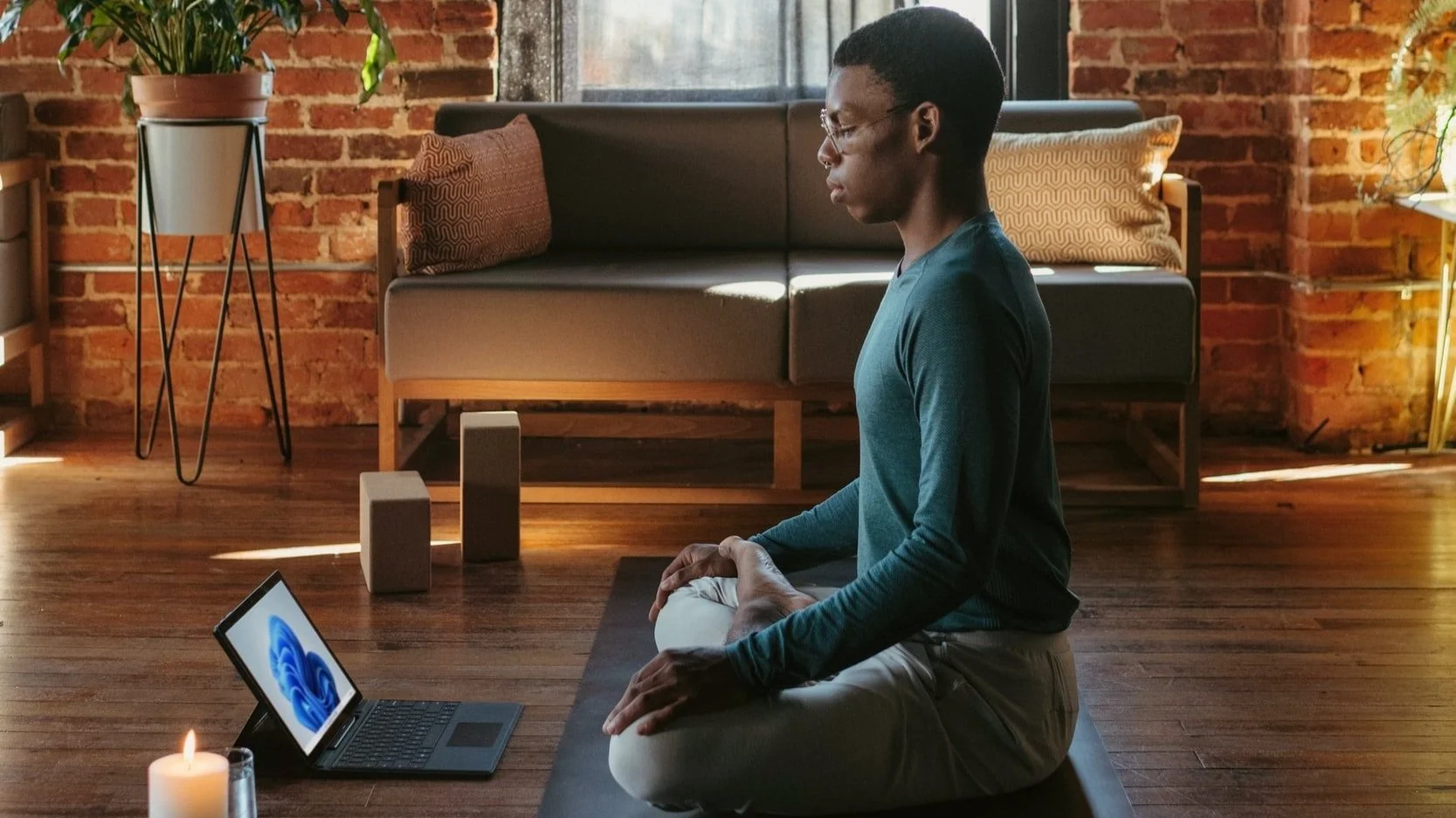Community Trauma
in the Black Community from Gun Violence
Gun violence in the Black community extends far beyond the immediate physical harm to individuals; it inflicts deep psychological wounds and fosters a pervasive sense of fear and instability within the community. This collective trauma can have long-lasting effects on mental health, community cohesion, and overall quality of life.
The Nature of Community Trauma
-

Psychological
Chronic Stress and Anxiety: Continuous exposure to gun violence creates an environment of chronic stress and anxiety. Residents may live in constant fear of becoming victims themselves, leading to heightened vigilance and a persistent state of alertness.
Post-Traumatic Stress Disorder (PTSD): Survivors of gun violence and those who have lost loved ones may develop PTSD. Symptoms include flashbacks, severe anxiety, and uncontrollable thoughts about the event (Mental Health America) (Giffords).
Grief and Depression: Frequent loss of community members contributes to widespread grief and depression. The cumulative effect of these losses can erode the emotional and psychological well-being of the entire community.
-

Social Impact
Erosion of Social Cohesion: Gun violence undermines trust and social cohesion. People may become isolated, withdraw from community activities, and feel disconnected from their neighbors.
Impact on Children and Adolescents: Young people exposed to gun violence are at risk of academic difficulties, behavioral problems, and emotional distress. This exposure can hinder their development and future prospects (Mental Health America).
-

Economic Impact:
Increased Healthcare Costs: Treating the physical and psychological effects of gun violence imposes significant costs on the healthcare system.
Reduced Economic Activity: Fear of violence can deter businesses from operating in affected areas, reducing job opportunities and economic growth.
Addressing Gun Violence
-
Mental Health Services:
Accessible Counseling and Therapy: Providing accessible mental health services is crucial. Community-based counseling centers and mobile therapy units can help reach those in need.
Support Groups: Establishing support groups for survivors and families affected by gun violence can offer a sense of community and shared understanding.
-
Community Programs:
Violence Prevention Initiatives: Programs that focus on violence prevention, such as conflict resolution training, mentoring for at-risk youth, and community policing initiatives, can help reduce the incidence of gun violence.
After-School Programs: Offering safe spaces for children and adolescents during after-school hours can reduce their exposure to violence and provide positive developmental opportunities.
-
Economic Development:
Job Creation and Training: Investing in job creation and vocational training programs can provide alternatives to violence and support economic stability.
Business Incentives: Offering incentives for businesses to operate in affected areas can stimulate economic activity and create job opportunities.
-
Policy Advocacy:
Stricter Gun Control Laws: Advocating for stricter gun control laws, including background checks and restrictions on high-capacity magazines, can reduce the availability of firearms.
Funding for Mental Health and Social Services: Ensuring adequate funding for mental health and social services is essential for providing the support necessary to address the aftermath of gun violence.

Addressing community trauma in the Black community due to gun violence must include:
Enhancing mental health services
Implementing community programs
Stimulating economic development
Avocating for policy changes.
By taking comprehensive and collaborative action, we can help heal the wounds of gun violence and build stronger, more resilient communities.
